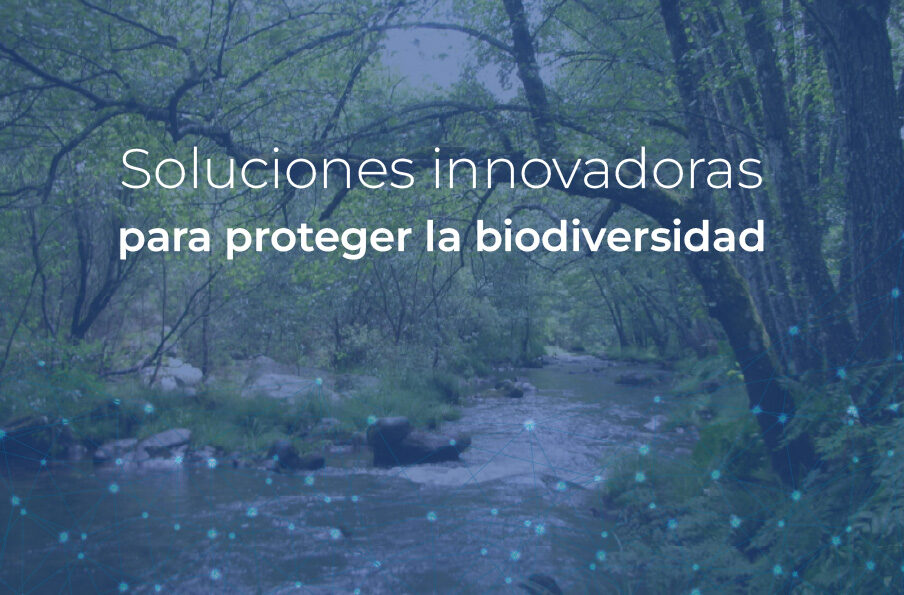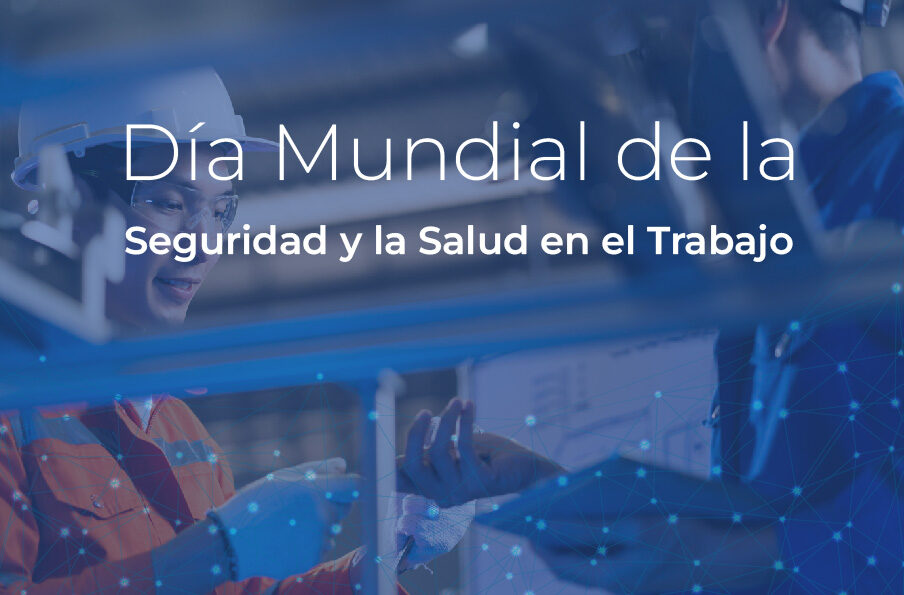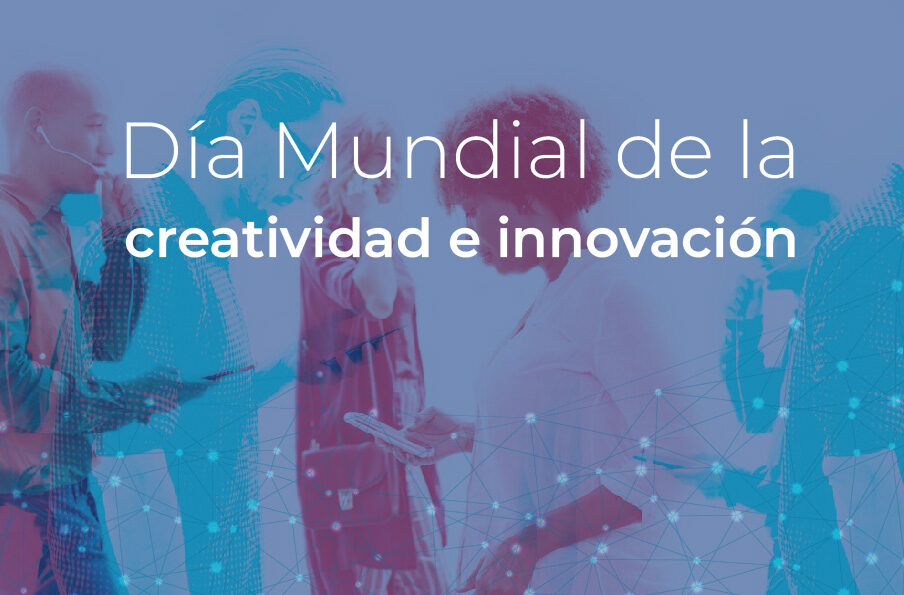The TARANTULA project, in which the ICAMCyL technology center participates, is transforming the sustainable recovery of tungsten, niobium and tantalum, key metals for modern technology, through advanced processes that transform mining waste into valuable resources, reducing the EU’s dependence on critical imports.

Context and motivation of the project
In a world where demand for critical metals such as tungsten, niobium and tantalum continues to grow, their availability has become a strategic challenge. These metals, known for their durability, corrosion resistance and ability to conduct heat and electricity, are essential in the manufacture of advanced technologies.
However, their conventional extraction is costly and some fractions of these indispensable metals end up in mining waste streams and process tailings. With the European Union classifying them as critical raw materials, the TARANTULA project is positioned as an innovative solution to recover these metals directly from waste.
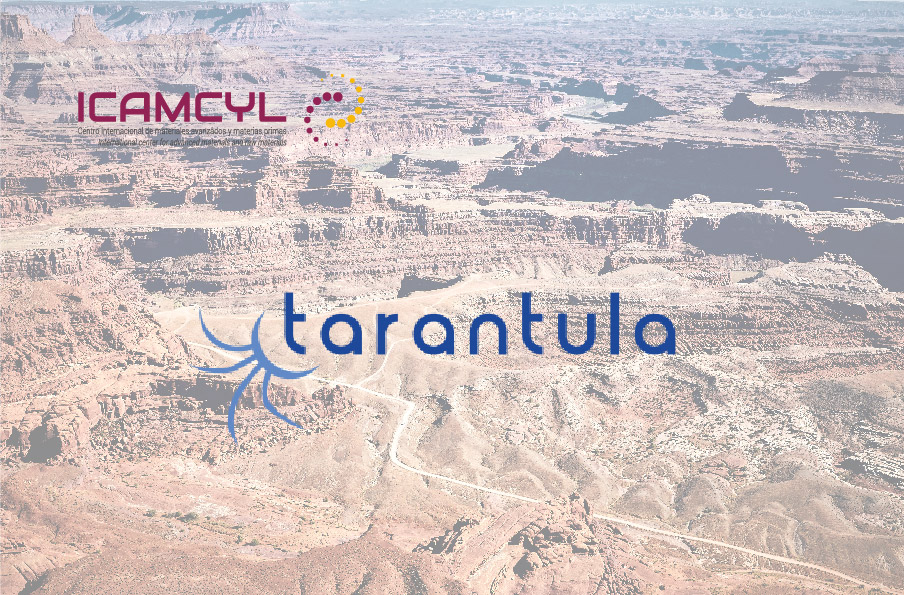
Project objective
The main objective of the TARANTULA project is to recover refractory metals from low-grade waste by developing metallurgical processes that are cost-effective, scalable and environmentally friendly.
These processes have been designed to be efficient and have reached a high level of technological maturity (TRL7), which means that they are ready to be validated at prototype level.
In addition, TARANTULA has placed great emphasis on the social acceptance of its technologies, ensuring a ‘Social License to Operate’ that will allow for a smooth implementation in the future.
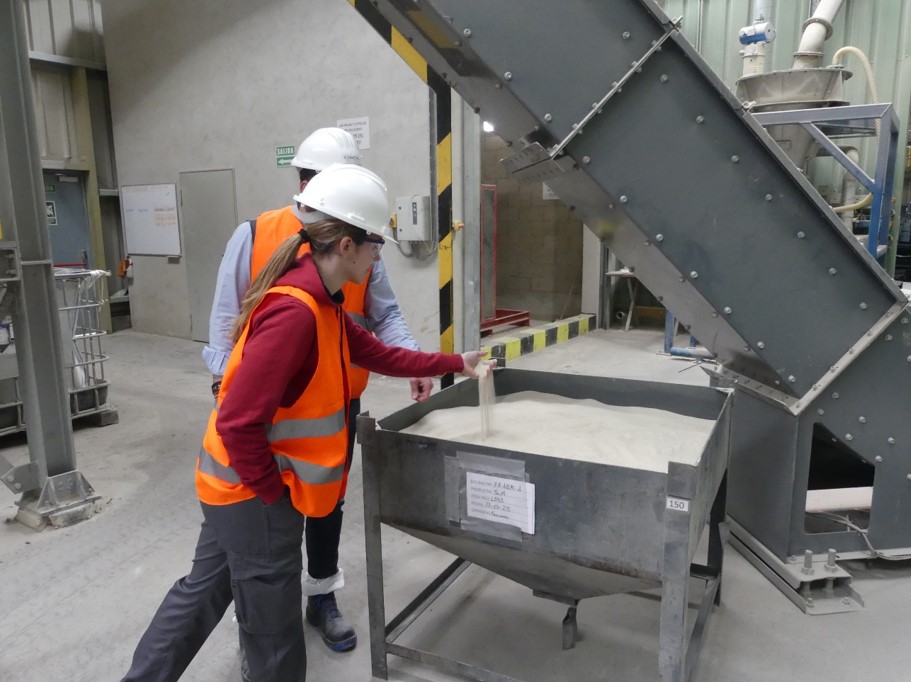
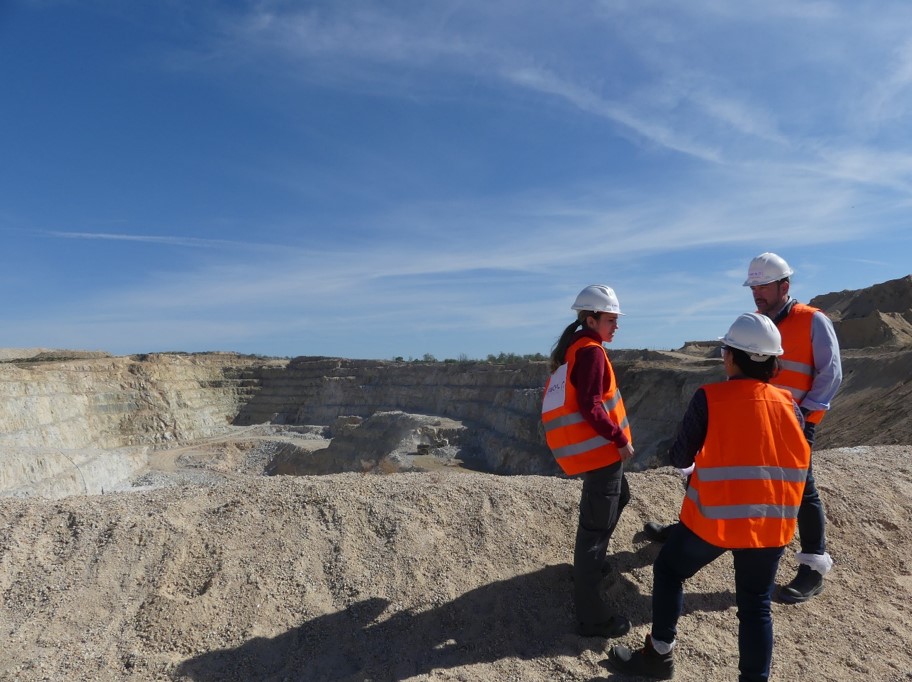
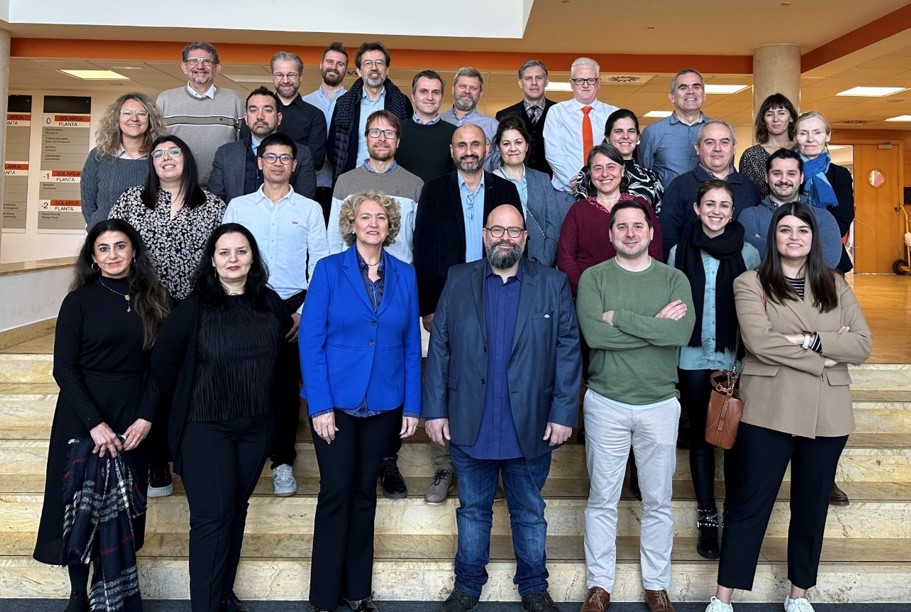
Technology and methodology used
TARANTULA has developed a series of innovative processes – bio, hydro, iono, solvo, pyrometallurgical and electrometallurgical – that are cost-effective, scalable and environmentally friendly, with high selectivity and recovery rates.
The flexibility of these processes allows them to be adapted to various secondary metal sources, which minimizes the capital investment required for new processing facilities.
In addition, ICAMCYL has integrated the information generated during the project into the Raw Materials Information System (RMIS), amplifying the impact of the project beyond the original consortium.
Project impact and results
The impact of the TARANTULA project is significant, with the potential to reduce the European Union’s dependence on global supply chains, and to introduce technologies with higher recovery efficiency, lower energy costs and reduced environmental impacts.
By transforming what was once considered waste into valuable resources, TARANTULA is freeing up reserves of metals such as tungsten, niobium and tantalum, and is also introducing more efficient and less polluting technologies.
Among his achievements he stands out for the creation of:
- comprehensive database with nearly 4,000 metal sites, standardized for the Raw Materials Information System (RMIS) platform.
- new technologies at laboratory scale the creation of a prototype validated at TRL7 level that has demonstrated the ability to produce high purity tungsten oxide (99.3%) from scheelite concentrates, with an impressive yield of 92% in the overall process.
The importance of the project for a sustainable future
The TARANTULA project has significantly improved the recovery of critical metals, such as tungsten, niobium and tantalum, from mining waste. This has resulted in more selective and efficient processes, expanding the range of resources recovered and increasing recovery rates.
The release of new or underutilized resources in the EU is vital to improve economic efficiency and flexibility in mineral processing, aligning with the EU Resource Management Act to ensure a sustainable supply of essential raw materials.
In the long term, this development will increase competitiveness and generate new jobs in related sectors, and improve environmental performance and health and safety, reducing waste, wastewater and emissions.
The TARANTULA project proves to be an innovative initiative in the recovery of critical metals, marking an innovative path towards a more sustainable and competitive future for Europe.
The commitment of the ICAMCyL technology center has been fundamental in bringing this project to reality, ensuring that cutting-edge technology is used for the benefit of society and the environment.
TARANTULA is a clear example of how technological innovation can be a powerful tool to face today’s global challenges.

Consortium: TECNALIA RESEARCH AND INNOVATION FOUNDATION Project coordinator, Spain, KATHOLIEKE UNIVERSITEIT LEUVEN Belgium, SINTEF AS Norway, VLAAMSE INSTELLING VOOR TECHNOLOGISCH ONDERZOEK NV Belgium, SALORO SLU Spain, STRATEGIC MINERALS SPAIN SL, Spain, CRONIMET Holding GmbH Germany, SIDENOR INVESTIGACIÓN Y DESARROLLO SA , Spain, UNIVERSITY OF LIEGE , Belgium, OPTIMIZACION ORIENTADA A LA SOSTENIBILIDAD SL, Spain, CHALMERS TEKNISKA HOEGSKOLA AB , Sweden, INTERNATIONAL CENTER FOR THE STUDY OF TANTALUM AND NIOBIUM (TIC) Belgium, E-MINES France, INERCO INGENIERIA, TECNOLOGIA Y CONSULTORIA SA Spain, PNO INNOVATION Belgium, ICAMCYL FOUNDATION , Spain.
Map of W Nb Ta resources/mineralogy/risks in Europe https://h2020-tarantula.eu/map-of-w-nb-ta-resources-mineralogy-hazards-of-europe/
More information at https://h2020-tarantula.eu/



